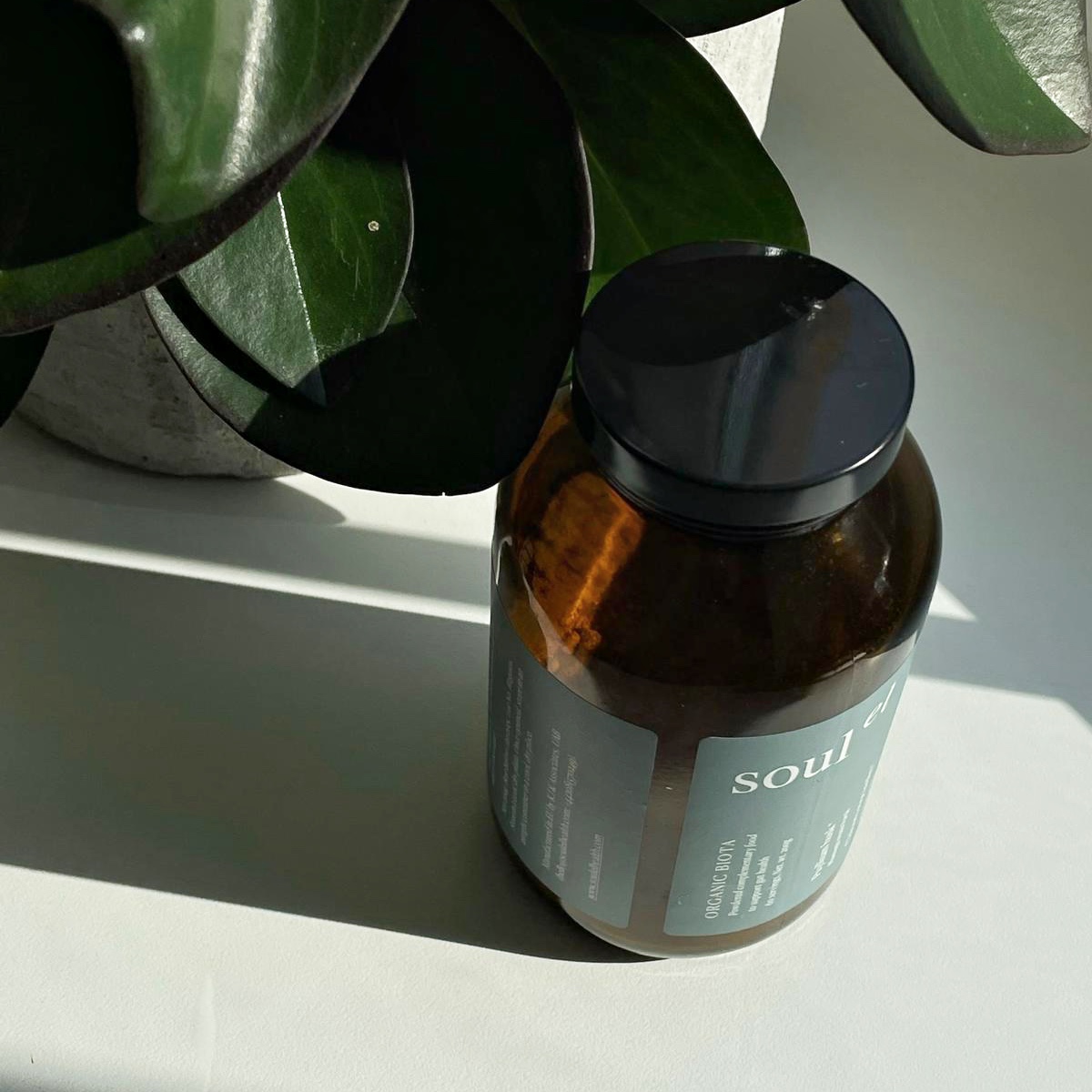Senėjimas presideda nuo galvos
Maistinės medžiagos, vitaminai ir mineralai yra būtini tinkamam žmogaus organizmo funkcionavimui. Šios medžiagos atlieka svarbų vaidmenį palaikant įvairius fiziologinius procesus, įskaitant augimą, vystymąsi ir imuninę funkciją. Tačiau ne visos maistinės medžiagos, vitaminai ir mineralai yra vienodi. Kai kurios iš jų gaunamos iš viso maisto šaltinių, o kitos gaminamos sintetiniu būdu laboratorijose.
Ekologiškos viso maisto sudedamosios dalys yra tos, kurios buvo minimaliai apdorotos ir kuriose nėra sintetinių priedų. Tai vaisiai, daržovės, neskaldyti grūdai ir liesa mėsa. Tuo tarpu sintetiniai vitaminai ir mineralai gaminami laboratorijose ir dažnai dedami į perdirbtus maisto produktus ir maisto papildus.
Keletas mokslinių tyrimų parodė, kad maistinės medžiagos, vitaminai ir mineralai, gaunami iš ekologiškų visaverčių maisto produktų, yra pranašesni už sintetinius vitaminus ar mineralus. Štai keletas svarbiausių šių tyrimų rezultatų:

1. Ekologiškuose visaverčiuose maisto ingredientuose gausu įvairių maistinių medžiagų.
Whole foods are rich in a variety of nutrients that work synergistically to promote health. For example, fruits and vegetables contain not only vitamins and minerals but also phytonutrients, such as flavonoids and carotenoids, which have antioxidant and anti-inflammatory properties.
Studies have shown that consuming a diet rich in whole foods is associated with a reduced risk of chronic diseases, such as heart disease, cancer, and diabetes.
2. Titras 2
Synthetic vitamins and minerals are often added to processed foods and supplements. However, studies have shown that these synthetic forms are not as well absorbed by the body as those from whole foods.
For example, a study published in the Journal of the American College of Nutrition found that synthetic vitamin E is only half as effective as natural vitamin E in raising blood levels of the nutrient.
3. Synthetic vitamins and minerals may have harmful effects
While consuming too much of any nutrient can be harmful, synthetic vitamins and minerals may have additional negative effects on the body.
For example, a study published in the American Journal of Clinical Nutrition found that high-dose synthetic beta-carotene supplements may increase the risk of lung cancer in smokers.
4. Whole food sources of nutrients, vitamins, and minerals may be more sustainable
In addition to being healthier for humans, whole food sources of nutrients, vitamins, and minerals may also be more sustainable for the environment. Synthetic vitamins and minerals require energy-intensive processes to manufacture and may contribute to pollution and waste.
In contrast, whole foods can be grown using sustainable farming practices and are often less processed, requiring less energy and resources.
Conclusion
In conclusion, scientific research has shown that nutrients, vitamins, and minerals coming from organic wholefood ingredients are superior to synthetic vitamins or minerals. Consuming a diet rich in whole foods can provide a range of health benefits and may be more sustainable for the environment. If you are considering taking supplements, it is recommended to choose those made from whole food sources, rather than synthetic ones.
References
(2) Rock CL. Multivitamin-multimineral supplements: who uses them?. Am J Clin Nutr. 2007;85(1):277S-279S. doi:10.1093/ajcn/85.1.277S
(3) Traber MG. Vitamin E. In: Ross AC, Caballero B, Cousins RJ, Tucker KL, Ziegler TR, eds. Modern Nutrition in Health and Disease. 11th ed. Lippincott Williams & Wilkins; 2014:347-362.
(4) Traber MG, Elsner A, Brigelius-Flohe R. Synthetic as compared with natural vitamin E is preferentially excreted as alpha-CEHC in human urine: studies using deuterated alpha-tocopheryl acetate. FEBS Lett. 1998;437(1-2):145-148. doi:10.1016/s0014-5793(98)01298-3
(5) The Alpha-Tocopherol, Beta Carotene Cancer Prevention Study Group. The effect of vitamin E and beta carotene on the incidence of lung cancer and other cancers in male smokers. N Engl J Med. 1994;330(15):1029-1035. doi:10.1056/NEJM199404143301501
(6) Tilman D, Clark M. Global diets link environmental sustainability and human health. Nature. 2014;515(7528):518-522. doi:10.1038/nature13959

